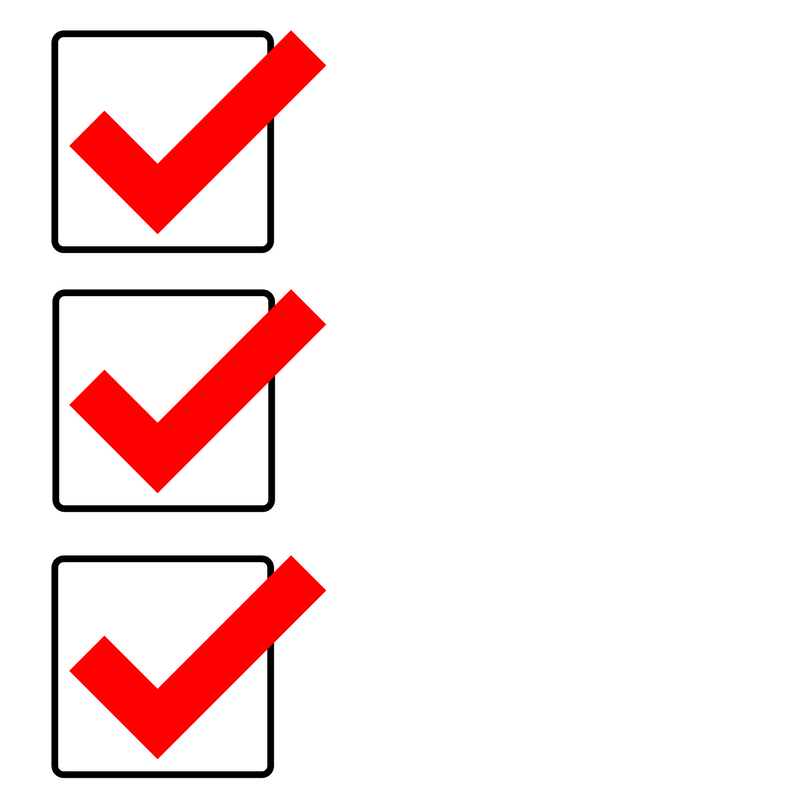
Becoming a homeowner is one of the biggest steps a person will take in their life. It is an expensive investment, and many first-time homeowners do not know where to start. Add in the thought of a high mortgage payment and a 30-year loan and it can feel even more daunting.
There are many obstacles that stop someone from becoming a homeowner. However, changing a few habits can help someone start preparing for homeownership.
Down Payment and Financial Security
A lender wants to see that a potential home buyer has financial security. The more money a person has, the easier it will be to get a loan. They can prove that payments will be made on time and they have an established history of saving money.
Having a large down payment is helpful to prove to a loan officer that finances are in order. Even if a person is not looking to buy a house in the next few years, it is important to get an idea of what a house may cost. In most situations, a good down payment will be twenty percent of this cost.
With that being said, there is no law that says a person must have twenty percent down to get a loan. There are many lenders and mortgages that allow a much smaller percentage to be put down. Some even allow for nothing to be put down. However, a person who has poor credit history should strive to have a high down payment.
When considering purchasing a home, look at what the estimated payments will be. Take this estimated cost each month and put it into a savings account. This will help create a savings and be a practice round for actually paying a mortgage. If there are months where this amount is too much then it is not time to buy a house.
Credit Problems
Many people ruin their credit early on. They get their first credit card or get a car loan that they cannot pay. After missing payments or racking up more debt, they find themselves with a terrible credit score. The first step to fixing credit is to know exactly what the score is. Use a free service to track the credit score to see how it changes month to month.
From here, review every detail on a credit report. While bad credit is often the fault of the borrower, there are mistakes that are made on the behalf of lenders. Check to make sure everything is correct before starting to fix the credit score. If there are incorrect items, this can help boost the credit score once they are taking care of.
It is also very important to take care of any delinquent accounts. These accounts will impact the credit score the most and will stay on the credit report for a long period of time. The sooner they are resolved, the better.
Once everything is current, start to work on lowering all debt. Try to pay off anything with a high-interest rate to avoid paying more over the life of the debt.
Find Professional Help
A person who has a low down payment and a poor credit history may have a difficult time finding a lender that will work with them. In this instance, the borrower should seek out a mortgage broker. This professional works with many different banks and has access to many types of mortgages. This increases the borrower’s chance of being able to find the best bank for their situation.
Planning to own a home can start years before buying. As soon as a person decides they want to be a homeowner they should start planning.
Saving for a home is a big endeavor, and each month money should be put away in a savings account. Fixing a credit score can also take a long period of time, especially if the credit is seriously damaged. When serious about getting a mortgage, take the steps above and consider working with a mortgage broker to have access to as many programs as possible.



